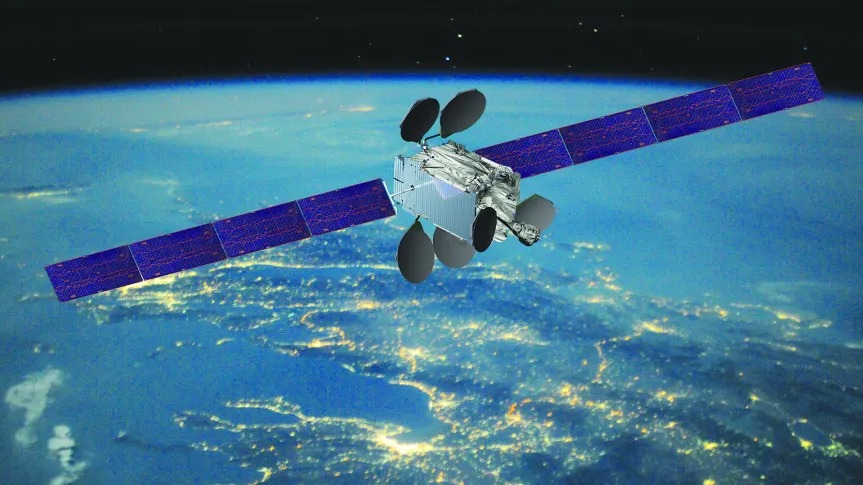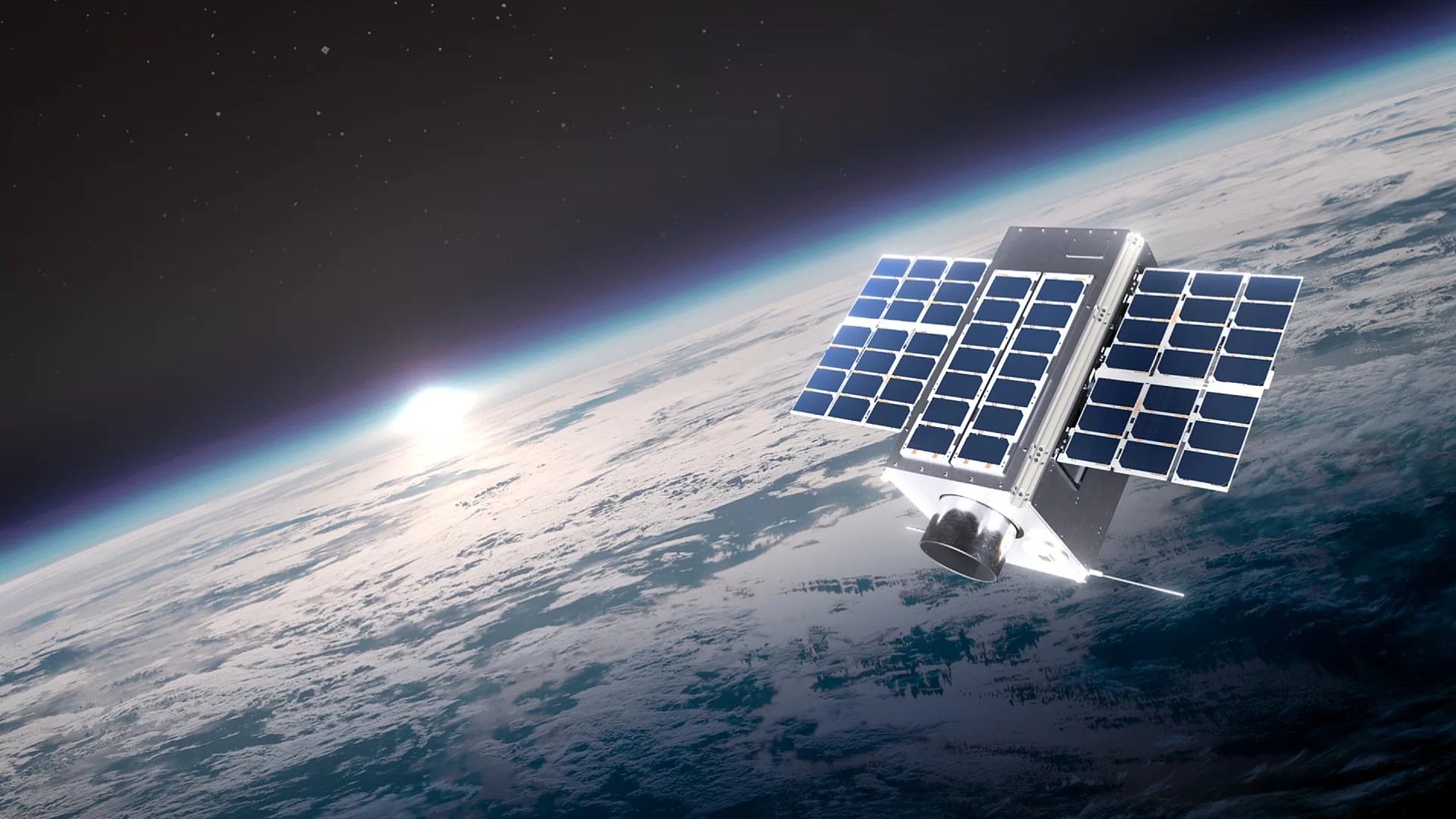Boeing-built communications satellite breaks up in orbit. 'Total loss,' operator says

Intelsat declared a "total loss" of one of its satellites on Monday (Oct. 21) and is investigating the cause of the issue.
The Intelsat-33e communications satellite is no longer operational after an outage Oct. 19; affected customers are being moved to other platforms, the company added in a statement. Meanwhile, U.S. Space Force was tracking around 20 pieces shortly after the incident, the military branch noted on X, formerly Twitter.
The event comes as a surprise given that the satellite only was in operation for seven years, while other satellites like it are rated for between 15 to 20 years of work. "We are coordinating with the satellite manufacturer, Boeing, and government agencies to analyze data and observations," Intelsat officials added in their statement.
Related: Ariane 5 successfully places 2 Intelsat satellites Into orbit
Intelsat-33e launched Aug. 24, 2016 aboard an Arianespace Ariane 5 rocket and began operations in January 2017, according to the company. It was located in geosynchronous orbit around 22,236 miles (35,786 kilometers) above our planet, a vantage point that gave the satellite a constant view of the same slice of Earth.
The company did not disclose the number of affected customers, but said these are entities in "Europe, Africa and parts of the Asia-Pacific region" and that representatives have been in touch with everybody.
There may be more pieces emerging after the event, as Swiss tracking company s2a Systems noted 40 fragments as of Monday (Oct. 21). Another tracking company in the U.S., ExoAnalytic Solutions, saw 57 pieces that same day, CEO Douglas Hendrix told SpaceNews. Hendrix added these pieces may pose a threat to other geostationary orbiting satellites and his company has reached out to possibly affected entities.
Breaking space news, the latest updates on rocket launches, skywatching events and more!
Intelsat's breakup was also noted briefly on X by Jonathan McDowell, an astrophysicist at the Harvard-Smithsonian Center for Astrophysics who also tracks launches, landings and orbital space events.
Intelsat-33e's loss follows difficulties with its propulsion system that slashed its operational lifetime already to 12.5 years instead of 15 as of 2017, according to SpaceNews. Predecessor satellite Intelsat-29e also experienced a failure in 2019 after only three years of operations. Intelsat later said the Intelsat-29e failure may have been due to a wiring issue amid higher solar activity and radiation, or a micrometeoroid collision.
The breakup of Intelsat-33e will not have an effect on much lower Earth orbiting communications satellites, which most notably include the approximately 6,400 members of SpaceX's Starlink constellation. Starlink's fleet only orbits 342 miles (550 kilometers) above Earth, which is 65 times lower than Intelsat 33e.

Elizabeth Howell (she/her), Ph.D., was a staff writer in the spaceflight channel between 2022 and 2024 specializing in Canadian space news. She was contributing writer for Space.com for 10 years from 2012 to 2024. Elizabeth's reporting includes multiple exclusives with the White House, leading world coverage about a lost-and-found space tomato on the International Space Station, witnessing five human spaceflight launches on two continents, flying parabolic, working inside a spacesuit, and participating in a simulated Mars mission. Her latest book, "Why Am I Taller?" (ECW Press, 2022) is co-written with astronaut Dave Williams.
